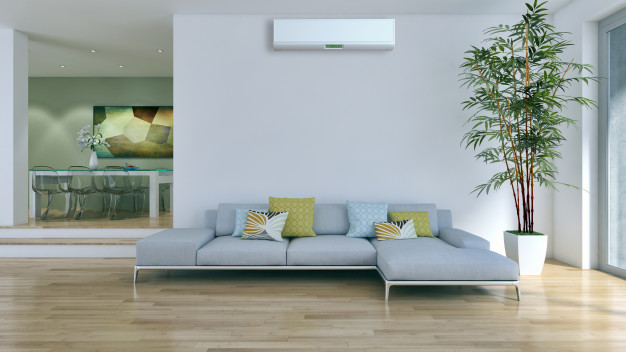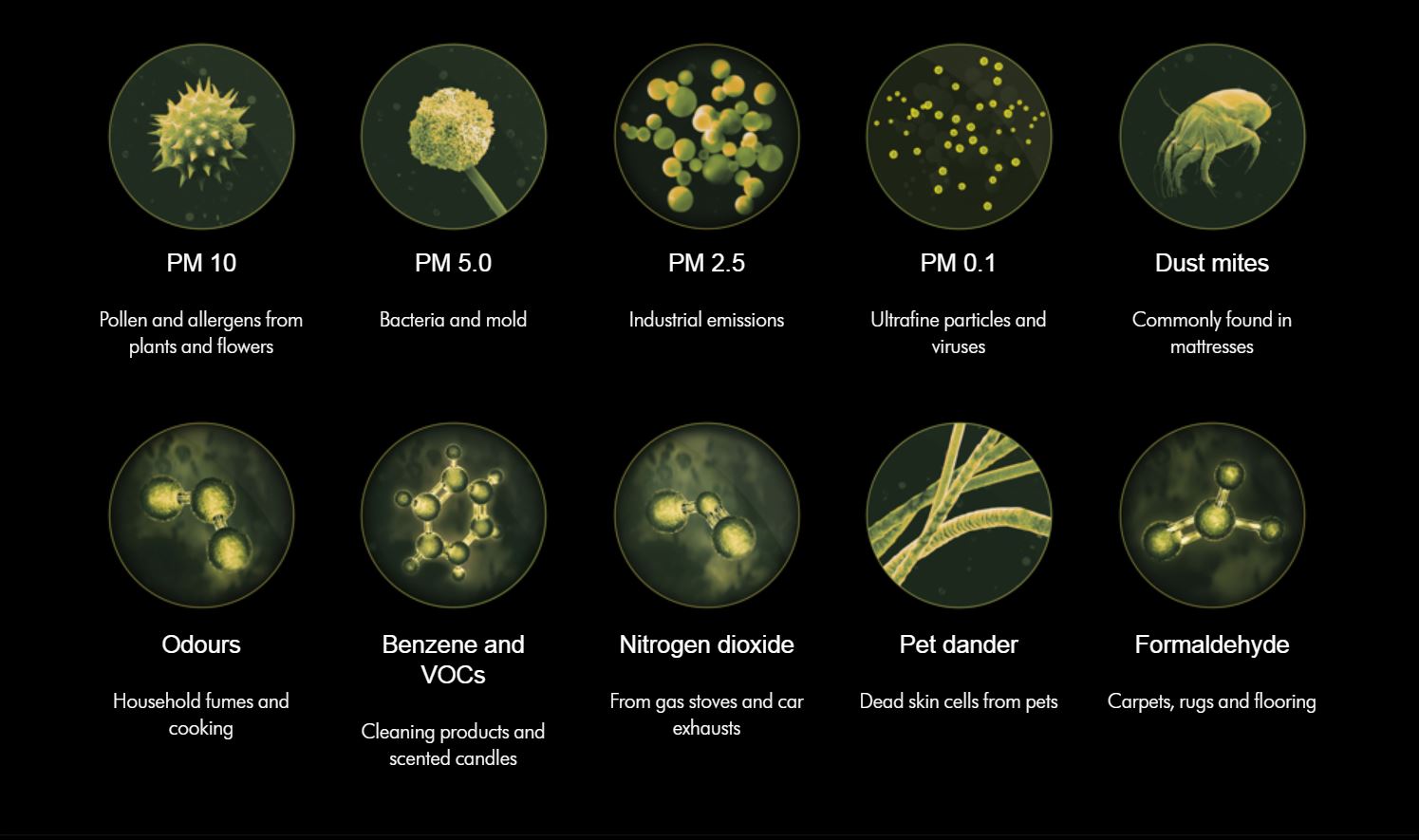Are These Dirty Air Myths True Or False? Take This Quiz To Find Out
You could be breathing in dirty air without even knowing it!
If you are indoors, with the windows closed and air conditioner on, that means the air you're breathing is clean, right?
WRONG! There are many things that could affect air quality, and you could be breathing in polluted air without even realising it.
Whether it's polluted air that seeps in from outside, air filters that are ineffective, or harmful chemicals that accumulate over time, the air quality in your home can be affected by various factors. Even if you don't see smoke or smell any odours, it's not a guarantee that the air in your home is free of harmful particles.
So, how much do you actually know about the air you're breathing? Take this quiz below to find out:
Quiz not loading? Hit the 'Refresh' button!
Ultimately, all of us would love to have clean, fresh air at home
Not only will it make you feel happier and function better, having clean air at home will also improve your health and lower the risk of you falling sick.
Whether you're a pro at keeping your air at home clean, or you have no idea where to start, here are a few simple tips to keep in mind:
1. Clean your home regularly
Make sure to clean every part of your home on a regular basis. While vacuuming the floors are particularly important, don't forget to also clean the walls, carpets, furniture, and sheets to keep dust mites and allergens away.
2. Invest in a good air purifier
Place an air purifier where you spend most of your time, whether it's the bedroom or living room. Also, make sure it comes with a HEPA (high-efficiency particulate air) filter to get rid of all those pesky and harmful particles in the air, as well as a carbon filter to remove harmful gasses such as formaldehyde, NO2, benzene and other volatile organic compounds (VOCs).
3. Improve ventilation at home
One simple way to improve ventilation is by opening your windows for five minutes a day to circulate the air. Especially for kitchens, it's important to have proper vents to push out unhealthy particles in the air while cooking.
The truth is, the air in your air conditioned room may appear clean, but that might not actually be the case
Even with the doors and windows shut, potentially harmful pollutants and gases can creep in from outdoors and remain suspended in indoor air. On top of that, common household items can also generate air pollution.
Some air conditioning units do not purify the air and may release airborne pollutants back into the room. Dyson purifiers capture and seal 99.95% of particles as small as 0.1 microns, from fine dust particles to microscopic allergens and viruses, helping you breathe cleaner air.
(Pssst... FYI the size of a single strand of human hair is 100 microns!)
That's why the Dyson air purifier fan is a great long-term investment to improve your overall well-being
With advanced technology and high-end quality, Dyson's air purifiers offer superior tech, quality, and filtration efficiency.
Here's what makes them so special:
Dyson air purifier fans automatically sense pollutants within the room, then captures 99.95% of harmful pollutants as small as PM0.1, including bacteria and viruses* - and project clean air throughout the whole room.
Air Multiplier™ Technology - an air projection loop unique to Dyson, which multiplies airflow by 10 times.
This generates the circulation power to drive pollutants back through the fully-sealed HEPA and carbon filters, thus purifying the room.
Dyson Link App - ability to connect the Dyson air purifier fan to your device, so you can control the fan and monitor air quality indoors and outdoors in real-time.
The Dyson air purifier fan is a smart device that connects to your phone or tablet. Through the app you can view the machine's activity, air quality trend, as well as reports on temperature, humidity, and filter life.
Dyson air purifier fans are engineered for real homes.
All Dyson air purifier fans undergo various vigorous testing standards such as the POLAR test in an 81m³ room, which is more in tune with the real-world usage conditions, while most air purifiers that rely on a stat called the Clean Air Delivery Rate (CADR) were tested in a 28.5m³ chamber.
*Tested on EN1822 - airborne particles as small as 0.1 microns. Virus testing conducted on H1N1 by third party lab, Feb 2020.




